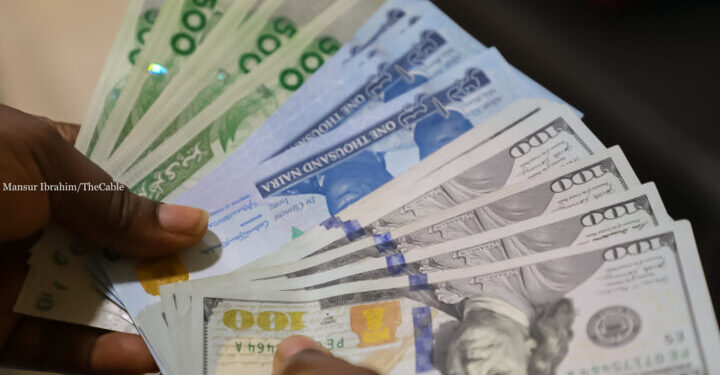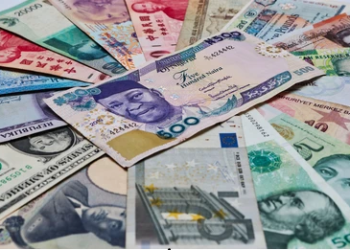The amount of currency circulating outside Nigeria’s banking system experienced a significant drop in July 2024, decreasing to N3.66 trillion. This marks the largest fall recorded so far this year and reflects the Central Bank of Nigeria’s (CBN) efforts to tighten liquidity and encourage the movement of funds into formal banking channels.
This reduction of N130 billion, or 3.32%, from the previous month’s total of N3.79 trillion, suggests a more aggressive stance by the CBN in its monetary policies. The drop is notably larger than the 0.62% (N20 billion) decrease observed between March and April when the figure fell from N3.63 trillion to N3.61 trillion.
Currency Circulation Trends
Despite the reduction in currency outside the banks, the total currency in circulation saw a slight increase, rising from N4.05 trillion in June to N4.06 trillion in July, an uptick of just 0.12%. This modest growth could indicate a stabilizing trend in cash usage within the economy, potentially influenced by increased digital transactions and regulatory measures aimed at controlling the cash flow.
Interestingly, while the overall currency in circulation increased, the percentage of money held outside banks decreased to 90.39% (N3.66 trillion) in July, down from 93.59% in June 2024. This shift could suggest that more funds are being moved into the formal banking sector, aligning with the CBN’s objectives of enhancing financial stability and inclusion.
Key Insights
June 2024 was a milestone month as the total currency in circulation exceeded N4 trillion for the first time, reaching N4.05 trillion. At the same time, the currency outside banks peaked at N3.79 trillion, highlighting an expanding liquidity environment and a preference for cash holding outside the banking sector.
However, the July data signals a potential change in behavior, with more currency entering the banking system. This trend is beneficial for the CBN, as it allows for more effective implementation of monetary policies, improved inflation management, and greater economic stability.
Moreover, the reduction in cash outside banks could be contributing to a broader stabilization of the economy. For instance, July 2024 saw a slight dip in Nigeria’s headline inflation rate, which dropped to 33.40% from 34.19% in June, marking the first decrease since December 2022. This correlation suggests that the tightening of liquidity may be having a positive effect on inflationary pressures.
Looking Ahead
The decline in currency held outside banks is a positive indicator of the CBN’s ongoing efforts to bring more money into the formal financial system. By reducing the amount of cash in circulation outside the banks, the Nigerian economy may experience increased stability, more precise economic monitoring, and enhanced control over inflationary trends.
As more Nigerians engage with the banking system, the country could see continued progress in financial inclusion, which is essential for sustainable economic growth and development.











